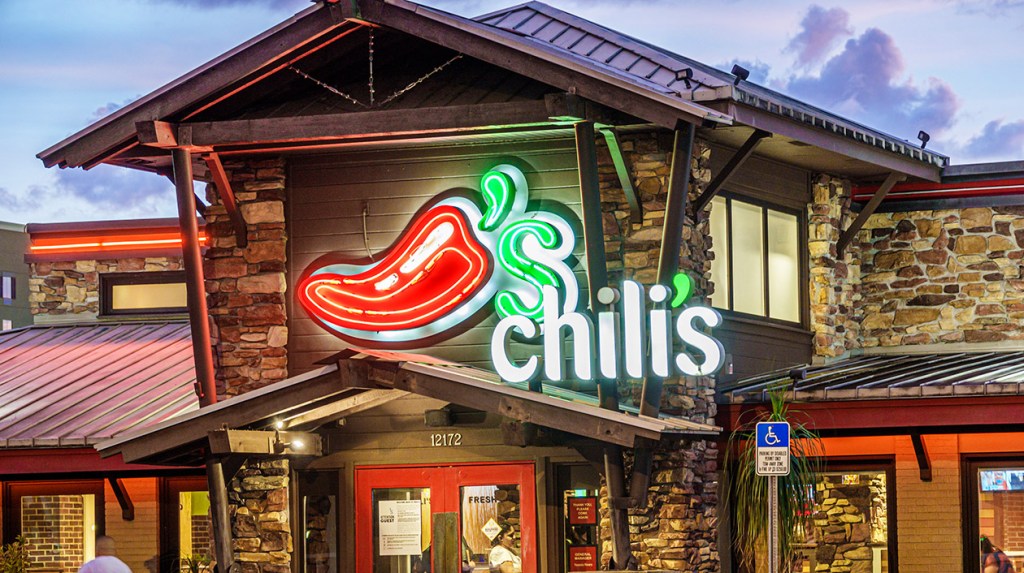Universal Music Group (UMG) has filed a lawsuit alleging Chili's used more than 60 copyrighted songs by Ariana Grande, Justin Bieber and others on social media without permission, just months after the Beastie Boys accused the restaurant chain of same thing.
In a complaint filed Tuesday (October 10) in Manhattan federal court, the music giant accused Chili's owner Brinker International Inc. that he deliberately used unlicensed music in dozens of promotional videos on YouTube, TikTok, Instagram and Facebook.
“In order to draw consumers' attention to the rapidly evolving world of social media, the defendants chose to rely on the use of popular music as an integral part of their Chili's messaging,” UMG's attorneys wrote. “But despite this success, the defendants have failed to pay the plaintiffs for the music that serves as the soundtrack to Chili's social media ads.”
In addition to Grande and Bieber, UMG says the videos featured music from dozens of other stars, including Mariah Carey, Lady Gaga, Snoop Dogg, Lana Del Rey, ABBA, Luke Bryan, Travis Scott, Bruno Mars, Lil Nas X, Earth Wind & Fire, The Weeknd and more.
The new case comes less than three months after Chili's was accused of much the same thing by the Beastie Boys. In that case, which remains pending, the iconic rap trio accuses the restaurant of using 1994's “Sabotage” online, including in a video that mimics the song's 1970s-themed music video.
Social media platforms like Instagram and TikTok provide huge libraries of licensed music for users to add to their videos. But there is one key exception: Songs cannot be used for commercial or promotional videos published by brands. This type of content requires a separate “sync” license, just like any conventional TV ad.
This critical distinction has led to numerous lawsuits in recent years.
Beginning in 2021, all three major companies sued beverage company Bang Energy for using hundreds of copyrighted songs in TikTok promotional videos, with Universal and Sony eventually winning large verdicts. In May, Sony filed a lawsuit against Marriott over allegations that the hotel chain had used nearly 1,000 of its songs in social media posts. And in July, Kobalt and other publishers sued more than a dozen NBA teams over the same thing.
In Tuesday's case against Chili's, UMG argued that a sophisticated company with more than 1,600 restaurant locations would have known it needed sync licenses to use well-known music in commercials — or at least should have known.
“Defendants include successful companies that promote multiple restaurant franchises with their own legal departments and protect their own intellectual property interests,” UMG's lawyers write. “Despite defendants' prior history of licensing plaintiffs' music for use in advertisements, defendants have not attempted to identify which of the videos at issue in this complaint used plaintiffs' musical works.”
Brinker did not immediately return a request for comment.



